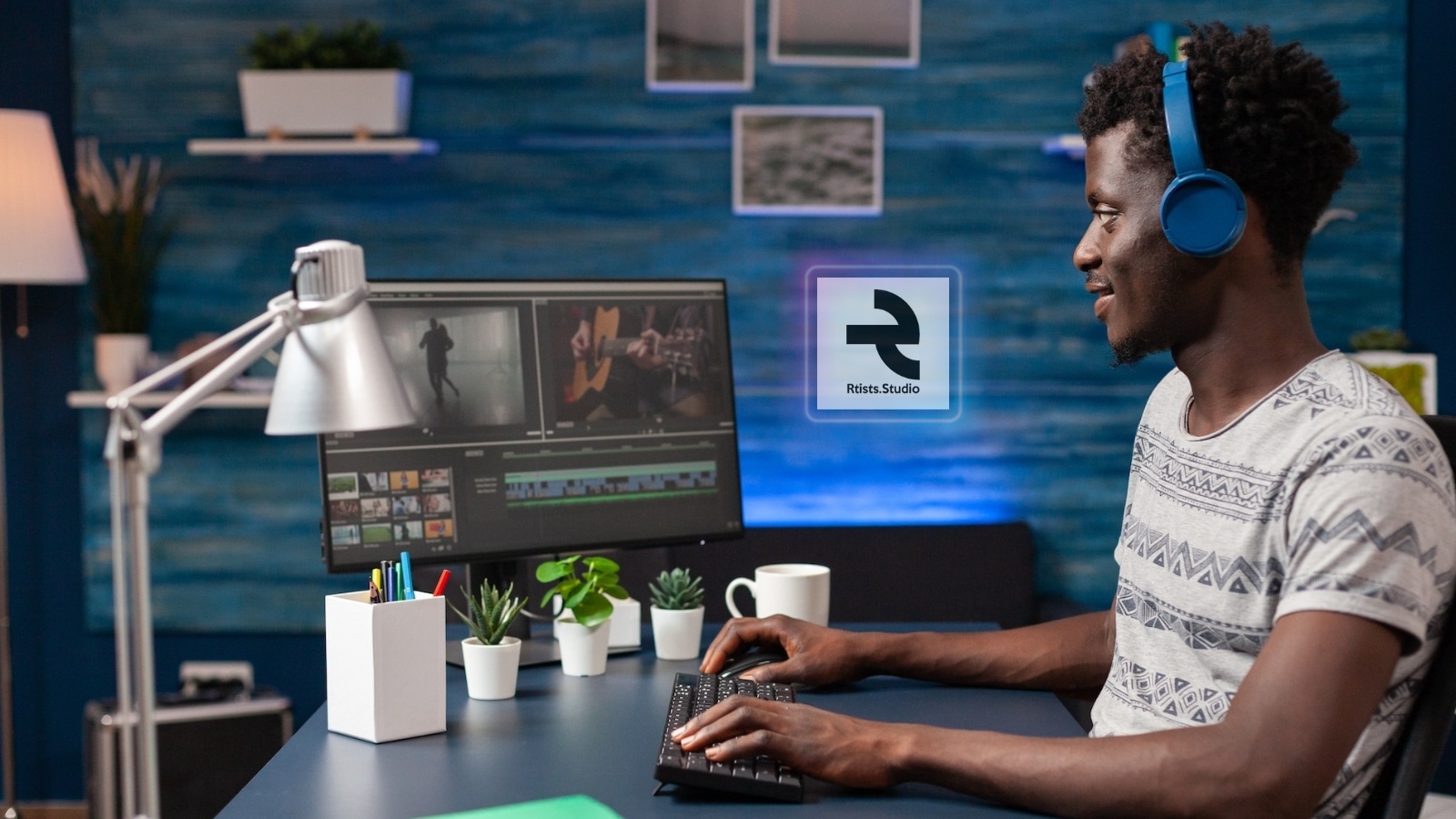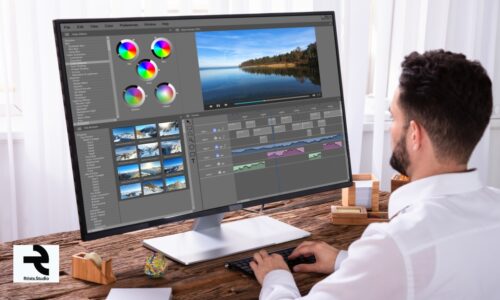
How to Become a Video Editor – A Guide to Beginners
- admin
- April 23, 2024
- Blog
- become a professional video editor, become a video editor, how to become a professional video editor, HOW TO BECOME A VIDEO EDITOR, how to become an editor, video editor, youtube editor, youtube video editor
- 0 Comments

